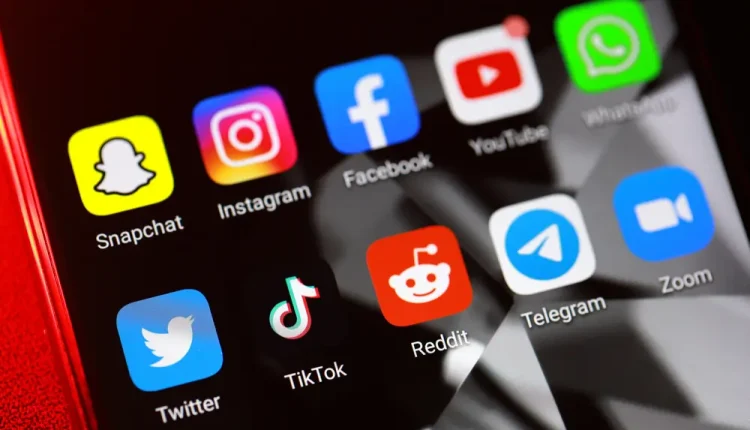The 4 most common “Dont’s” when using Social Media
Check Point Software Technologies Ltd, a leading provider of cybersecurity solutions globally, highlights the top four risk factors to keep in mind in order to stay safe when using social media
As of January 2022, more than half of the world’s population uses social media. In other words, we are talking about 4.62 billion people for whom social media is already part of their daily lives and often takes up more of their time than they themselves would like. However, although these platforms can be fun and are a great way to share experiences with friends, they also present a potentially dangerous cybersecurity risk.
So what risks should we be cautious about and what are the most common mistakes we make? Check Point Software Technologies Ltd. (NASDAQ: CHKP), a leading provider of cybersecurity solutions globally, highlights the top four risk factors that we need to keep in mind in order to stay safe when using social media.
Sharing personal information
This is a very common and dangerous mistake that occurs every day on social networks. Cybercriminals seek, first and foremost, to steal your personal information. Armed with this data they can then launch multiple phishing campaigns or even steal your cash.If we add to this, the fact that most people use the same login details for different social media platforms, credential theft gives hackers potential access to all your social media accounts. Therefore, it is vital that you do not share personal data and use different passwords to minimize the damage in case you fall victim to an attack.
Beware of password reset spam
There are so many social platforms today that it is very easy to think that at some point there may be an incident with any of them and this is the point where hackers can exploit it. If you receive an email asking you to change your password, even if you haven’t requested it, your first urge is to click on the link and reset it.This is dangerous as it can give the cybercriminal access to your entire account. To avoid this, you should go directly to the page of the social networking platform (do not click on the link of the email) and renew your password from the same page (and then do the same for other accounts in which you have the same password).
Click on each link
Cybercriminals often use links to redirect users to malicious websites. These links may be in the form of a seemingly innocent email or SMS. If you receive such a link, the best way to protect yourself is to go to the website in question, through your usual browser, and check for any messages there, instead of clicking a link in an unwanted email or SMS.
Not checking URLs
Another trick that attackers use to steal your data is to change a URL to make it look like the genuine product.Using this technique, hackers can convince a user to visit a website that they consider trustworthy, such as their Facebook page, where they are then asked to change their password, to redirect them to a cloned website so that they can steal as much information as they want. We saw this recently with LinkedIn dominating Check Point’s Brand Phishing Report for the first time, accounting for more than half (52%) of phishing attempts in the first quarter of this year.
To avoid falling victim to these scams, it is important to check the URLs you have access to, making sure that the site has an SSL security certificate. If it has a security certificate, you will see the letter “s” in the address bar.So, it should write: https://. Thanks to this technology, any confidential information sent between two systems is protected, and this prevents cybercriminals from accessing the data being transferred, including information that could be considered personal.
“It is clear that social networks play an important role in our daily lives, but we need to be on our guard. Social networks are one of the main targets of cybercriminals, and knowing their techniques is the only way to be able to defend oneself properly.Today, on Social Networking Day, it is necessary for us to warn users and warn them of the existing risks, so that they remain safe from any kind of attack through these platforms”, said Konstantina Koukou, Channel Account Manager & Evangelist, Check Point Software in Greece.


